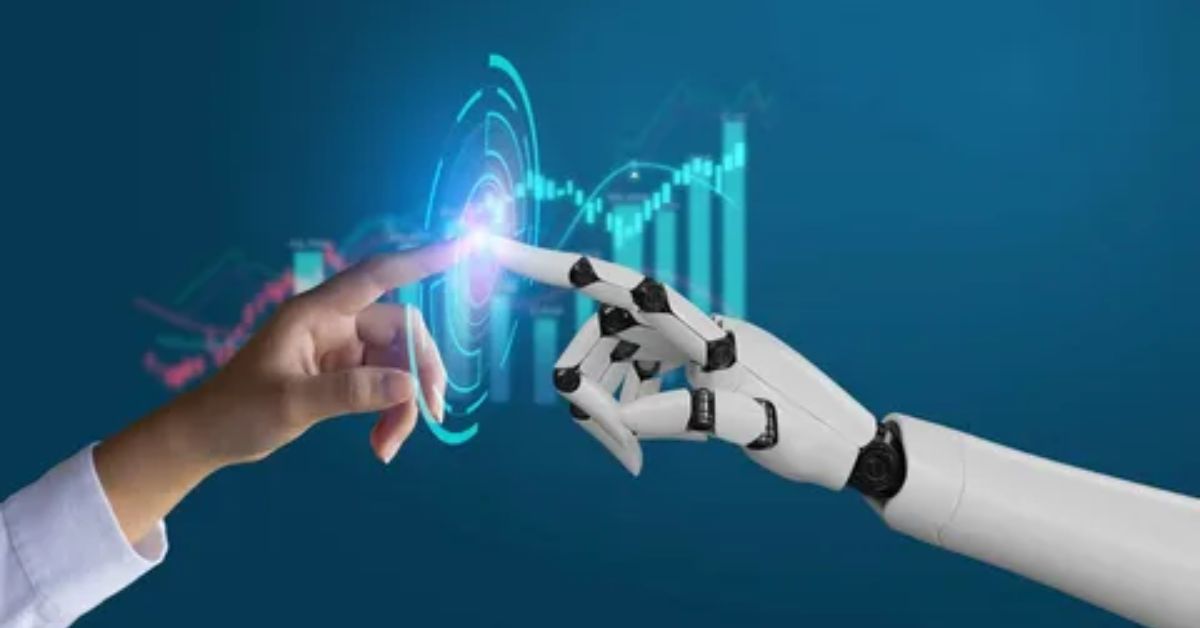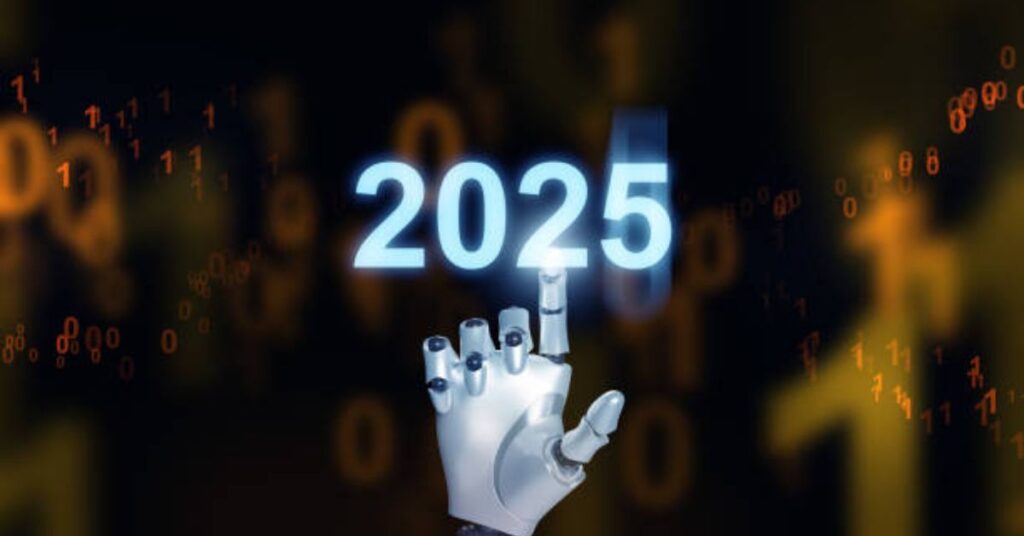AI Revolutionizing in 2025 refers to the rapid advancements in artificial intelligence technology, transforming how we live, work, and interact. By 2025, AI is expected to become more integrated into everyday life, making processes smarter and more efficient.
Imagine a world where machines not only assist but also predict and enhance human decisions. From healthcare to education, AI revolutionizing in 2025 is poised to change the game, creating opportunities we never thought possible.
In the coming years, we can expect AI-driven tools to improve personalization, boost productivity, and even tackle global challenges like climate change. The future is now, and AI is leading the way.
Transformative AI Technologies Changing Our Lives
One of the most exciting advancements is in AI-driven tools that make our lives easier. AI-powered systems are already used in healthcare to improve diagnostics and treatment. AI is helping doctors analyze patient data faster and more accurately than ever before. With AI in healthcare applications, personalized treatment plans are becoming the norm, helping patients receive the best care.
In transportation, autonomous vehicles like self-driving cars are set to make a huge impact. AI-powered driving systems are improving safety and efficiency on the roads. AI technology applications such as Lidar sensors and machine learning enable these vehicles to navigate complex environments. This innovation will revolutionize how we travel and reduce traffic accidents.
You May Also Read This Article: Winter Fashion 2025: Trends, Styles, and Must-Have Pieces
Revolutionary AI Innovations in Everyday Applications

AI-driven content creation is also changing the way we consume information. Text descriptions to images and text-to-image models like DALL-E and Stable Diffusion are allowing users to create visual content with simple descriptions. This is revolutionizing digital art and content creation. For instance, you can create custom images for websites, blogs, and social media using AI image generation tools.
Another major AI innovation is the use of language models such as ChatGPT. These AI chatbots provide human-like responses, making it easier for businesses to interact with customers. From answering questions to assisting with tasks, these AI-powered systems are enhancing customer service and support.
Emerging Technologies Redefining the Future
Generative AI is one of the most promising fields in 2025. This technology can create new content, including AI-generated art, AI-driven videos, and personalized video content. AI-powered tools like Synthesia AI and Mid journey are making it easier to create high-quality video production, even without specialized skills. These tools can also be used for AI video editing and producing business video production to promote brands.
Cutting-Edge AI in Communication and Connectivity
The way we communicate is also evolving with AI technology. Text-to-speech technology is improving, enabling more natural and accurate voice assistants. This makes it easier for users to interact with devices using voice commands. Similarly, AI-driven content is being used in marketing and advertising to create personalized campaigns that resonate with individual customers. By understanding customer preferences through machine learning, brands can deliver more effective and targeted content.
AI is also revolutionizing communication with multilingual support. Tools like AI avatars and chatbots can communicate in multiple languages, breaking down language barriers. This is especially beneficial for global businesses looking to connect with a diverse customer base. With language comprehension becoming more accurate, AI will continue to enhance cross-cultural communication.
The Future of AI: Opportunities and Challenges
As AI technology evolves, there are plenty of opportunities for growth. AI-powered systems are expected to improve productivity, streamline processes, and provide businesses with better insights through AI business solutions. However, with these advancements come challenges. AI vulnerabilities such as privacy concerns and security issues need to be addressed to ensure that AI-powered systems are safe and trustworthy.
Job replacements are another concern. As AI innovations continue to advance, there will be an increasing need for workers to adapt and develop new skills. AI adoption will likely create new job opportunities, but it may also lead to the automation of certain tasks, particularly in industries like manufacturing, customer service, and data entry.
FAQ’s
What is Artificial Intelligence (AI)?
AI refers to machines or software designed to think and act like humans, solving problems, learning, and making decisions.
How does AI help in healthcare?
AI helps doctors diagnose diseases quickly, predict health issues, and recommend treatments by analyzing large amounts of medical data.
Can AI replace human jobs?
AI can automate certain tasks, but it’s more about improving productivity than completely replacing human workers.
What is the role of AI in self-driving cars?
In self-driving cars, AI helps the car make decisions, navigate roads, and avoid obstacles without human input.
How is AI used in content creation?
AI tools can generate text, create images, and even produce videos, making content creation faster and more efficient.
Conclusion
In conclusion, AI technology is rapidly changing everyday life, offering exciting possibilities for the future. From AI-driven tools in healthcare and transportation to AI-generated content and communication advancements, the world is becoming more interconnected and efficient thanks to AI innovations. However, it is crucial to consider the challenges that come with these advancements, such as privacy concerns and job replacements.
The future of AI holds endless opportunities, and by understanding these innovations, we can better prepare for the changes ahead. Whether it’s improving healthcare, enhancing communication, or creating personalized video content, AI technology will continue to shape the way we live, work, and interact.







